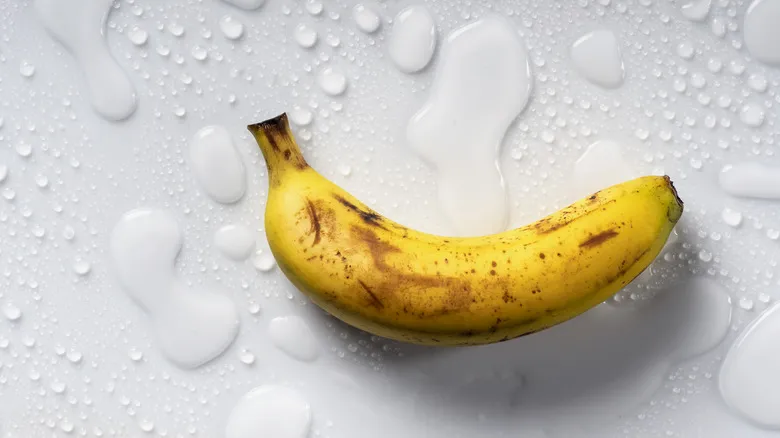Rinsing your bananas
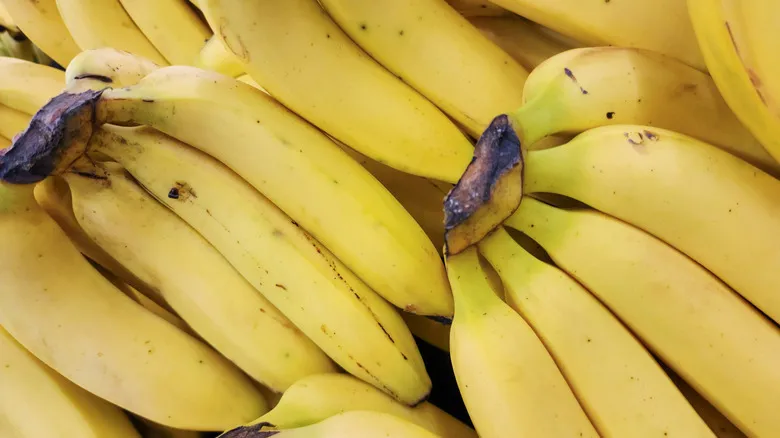
Currently, bananas are washed multiple times before they reach grocery store shelves. However, they may be touched by numerous individuals prior to being displayed, not to mention the risk of microbial exposure from other shoppers handling the fruit before it ends up in your cart. Therefore, it's advisable to wash the bunches before consuming them. This advice also applies to other fruits with thick skins, like pineapples and melons, as well as vegetables, which are also susceptible to contamination. So, how should you wash your bananas?
The method is quite straightforward. You can skip soaps and detergents. Just rinse your bananas under running water and use your hands to gently scrub away any dirt. After that, dry the fruit thoroughly with a clean kitchen towel or paper towels. Store them in a cool, dry place, and be careful not to keep them too close to other fruits, as this can accelerate ripening and lead to mushiness in just a few days. If you do end up with overripe bananas, you can always whip up a tasty batch of banana bread.
Recommended
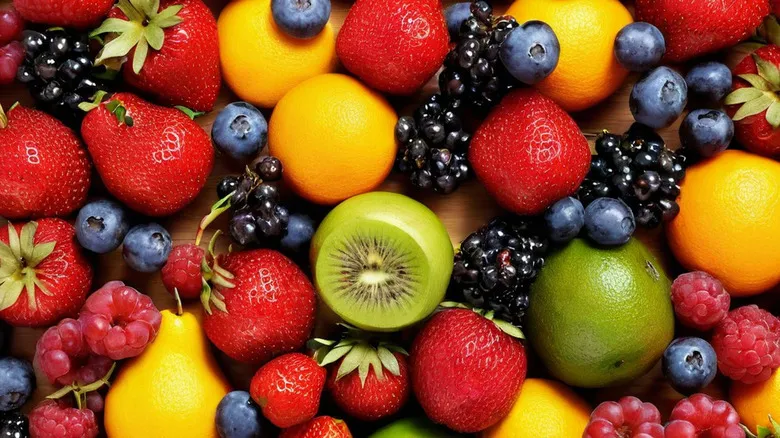
Freeze-Dried Vs Dehydrated Fruit: Is There A Difference?
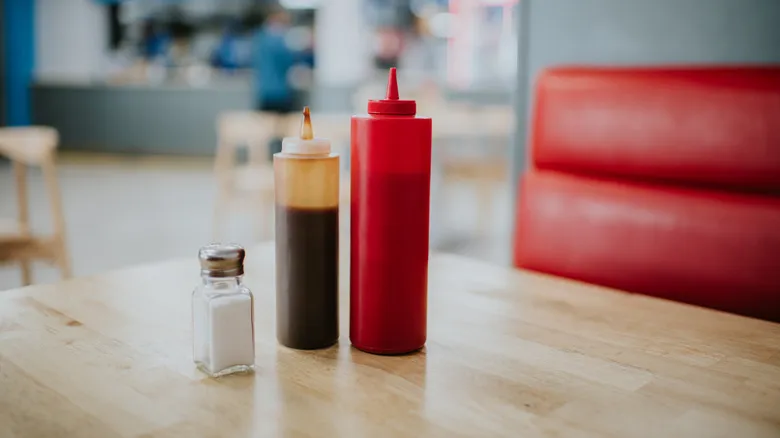
Is It Safe To Store Ketchup At Room Temperature?
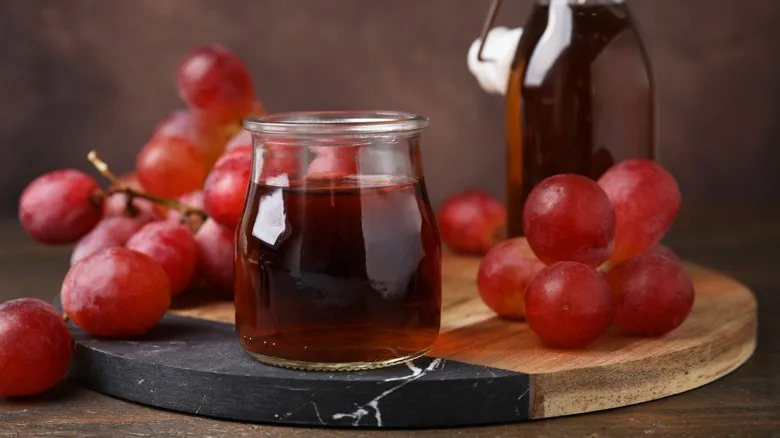
Does Red Wine Vinegar Expire?
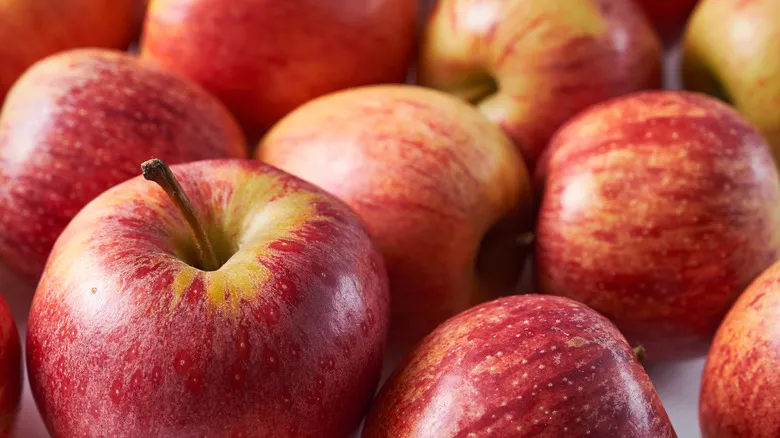
Pick Out Better Apples By Using The Brown Stem Rule
Next up

